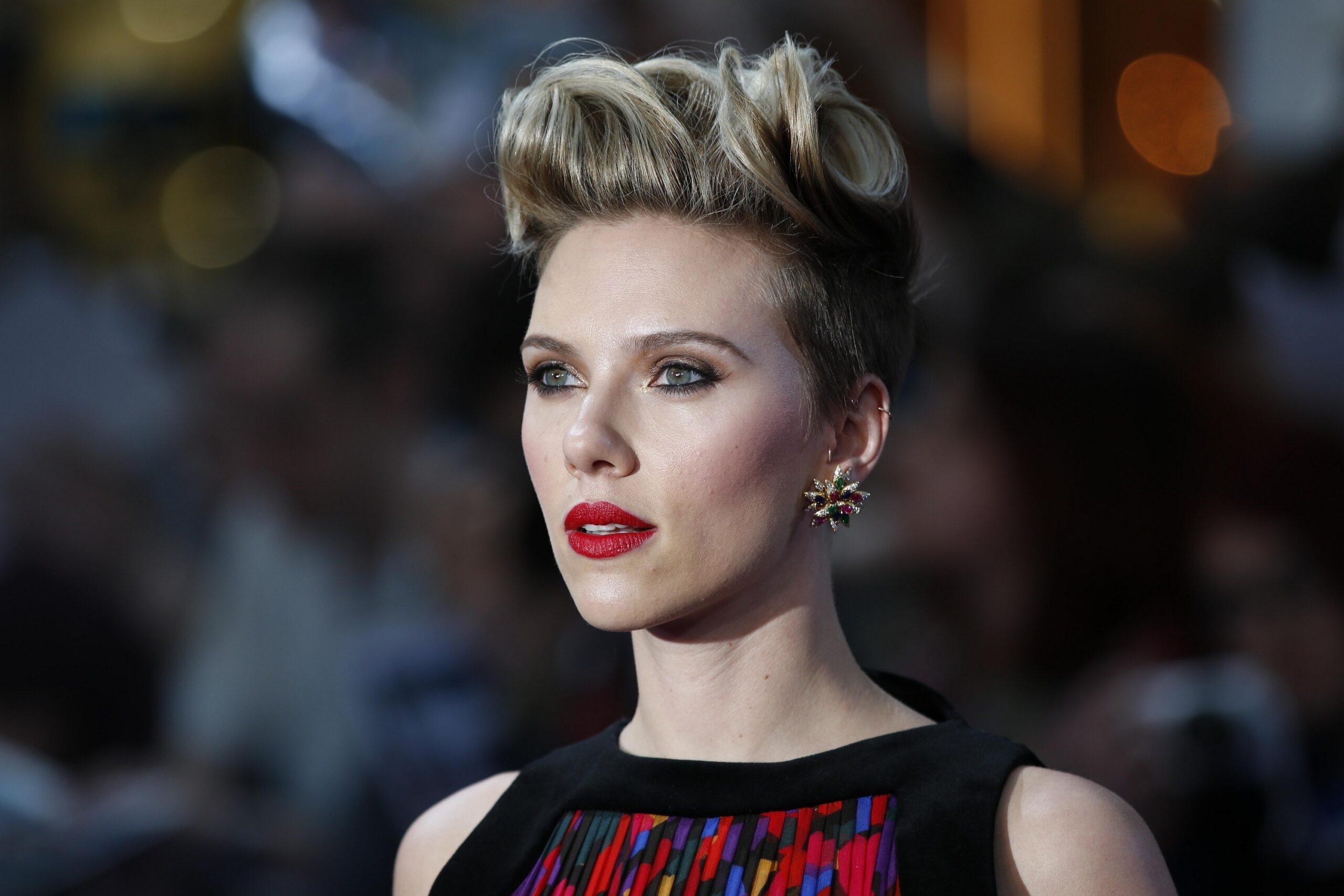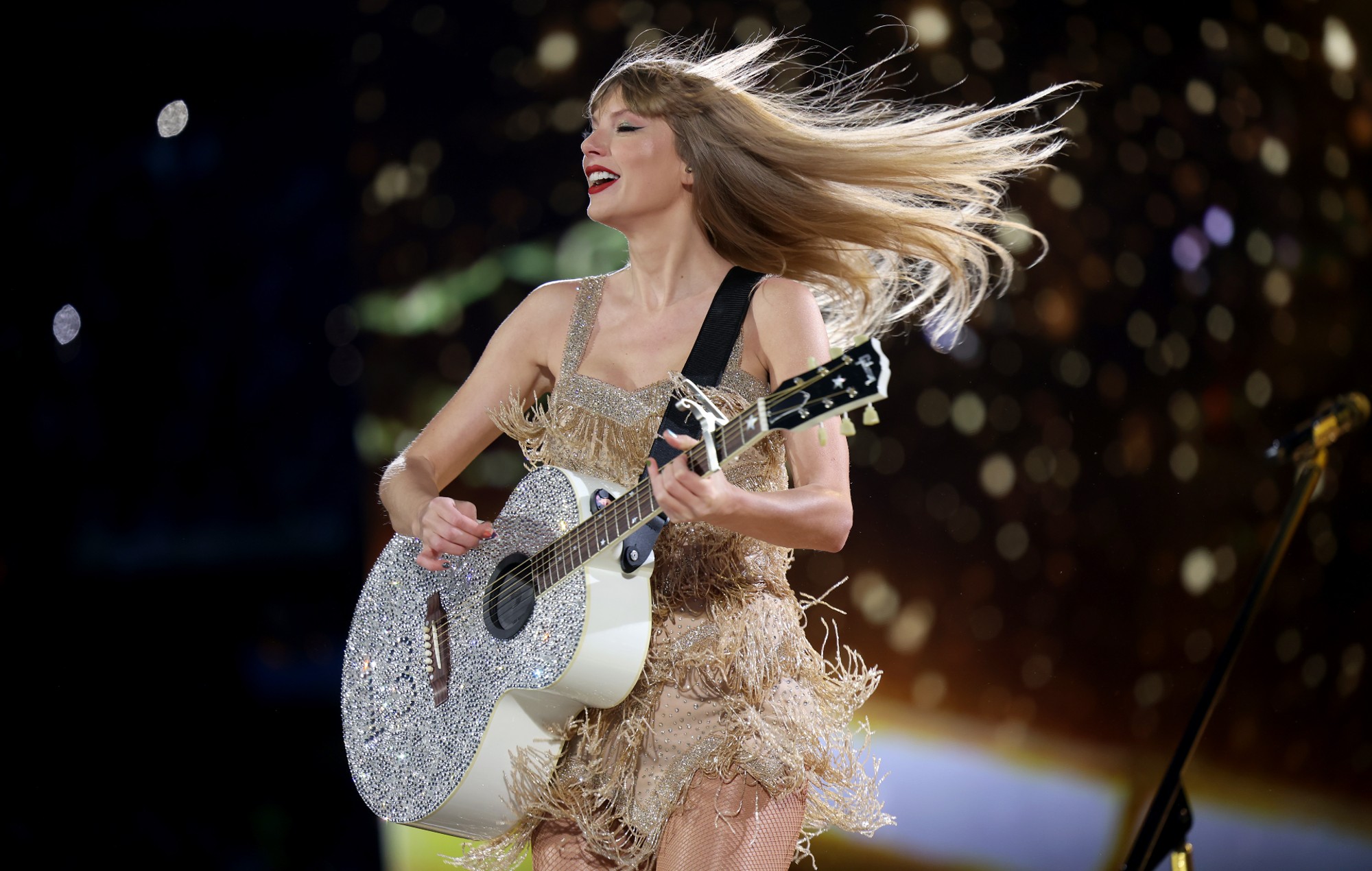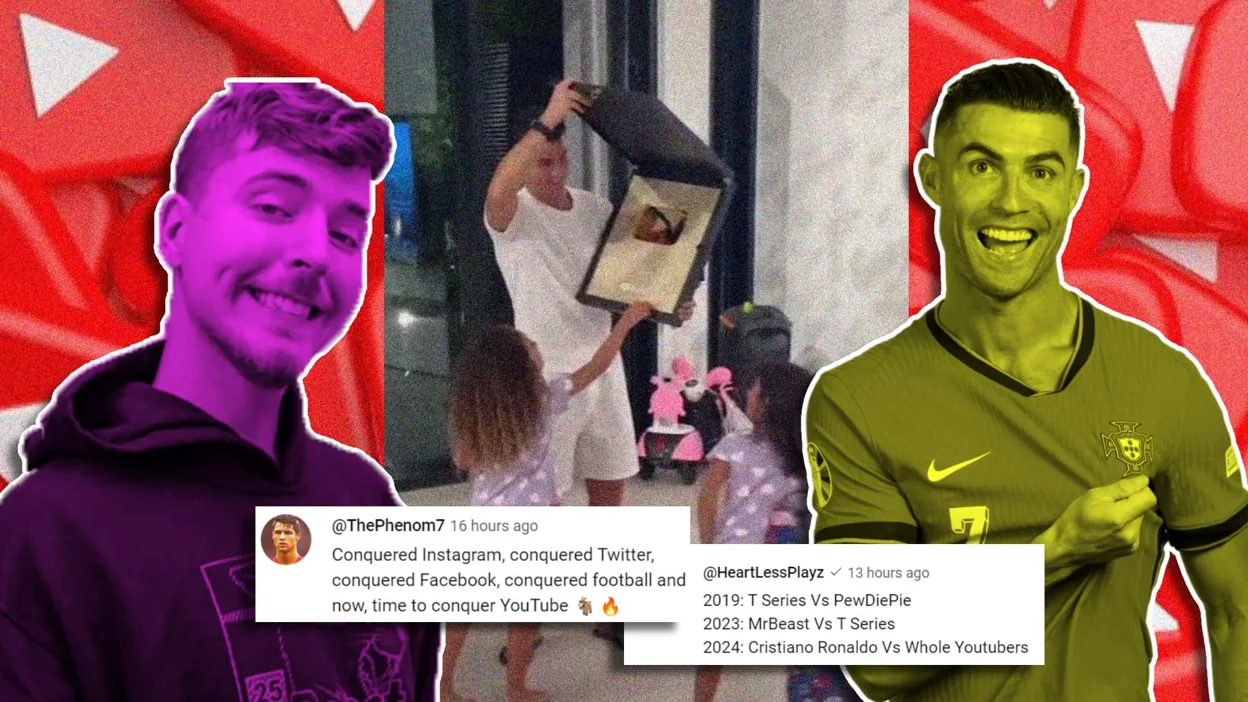In a significant development in the world of artificial intelligence and celebrity rights, Scarlett Johansson, the acclaimed actress known for her iconic roles in movies like “Lost in Translation” and the Marvel Cinematic Universe, has taken a firm stance against the unauthorized use of her likeness in an online ad. The ad featured an AI-generated version of Scarlett Johansson and was brought to public attention via various online platforms. It appeared that the ad utilized actual footage of Johansson from a campaign she had participated in, in collaboration with Omaze and Marvel Studios, as part of a fundraising effort.
Johansson’s attorney, Kevin Yorn, emphasized the gravity of the situation, stating, “We do not take these things lightly.” He further indicated that the matter would be pursued using all available legal remedies, ensuring that the rights of his client are protected.
The ad, created by an AI app called Lisa AI: 90s Yearbook & Avatar, seemingly began circulating online over the weekend. What added to the controversy was the text accompanying the advertisement, which read, “Images produced by Lisa AI. It has nothing to do with this person.” This declaration raised questions about the boundaries of AI usage and the ethical implications surrounding the unauthorized generation and distribution of AI-generated content.
Lisa AI is just one of many AI apps that have recently flooded the market, enabling users to create a wide range of AI-generated content, including text-based suggestions that can produce images. As of the most recent update, the app remains available for download on both Google’s Play Store and Apple’s App Store.
Representatives for Lisa AI have not yet commented on the matter, leaving questions about the app’s role in the creation and dissemination of the AI-generated ad unanswered.
Scarlett Johansson’s case is not an isolated incident, as various celebrities have raised concerns about the unauthorized use of their likenesses in AI-generated content, such as deepfakes, where individuals’ faces are superimposed onto other people’s bodies. This increasing sophistication of AI technology has given rise to ethical and legal questions surrounding the boundaries of AI usage, intellectual property rights, and personal privacy.
Additionally, actors and other public figures have been voicing their apprehensions about the misuse of AI-generated images for some time. These concerns have even become points of contention in negotiations between Hollywood studios and SAG-AFTRA, the actors’ union, which is currently on strike. Tom Hanks, known for his distinguished acting career, took to Instagram to distance himself from a computer-generated image that was promoting a dental plan. Zelda Williams, the daughter of the late Robin Williams, expressed her discomfort with AI recreations of her father circulating on the internet. YouTube sensation Jimmy Donaldson, popularly known as Mr. Beast, alerted his millions of followers about a deepfake advertisement that used his likeness for a scam, resulting in the prompt removal of the advertisement from TikTok.














